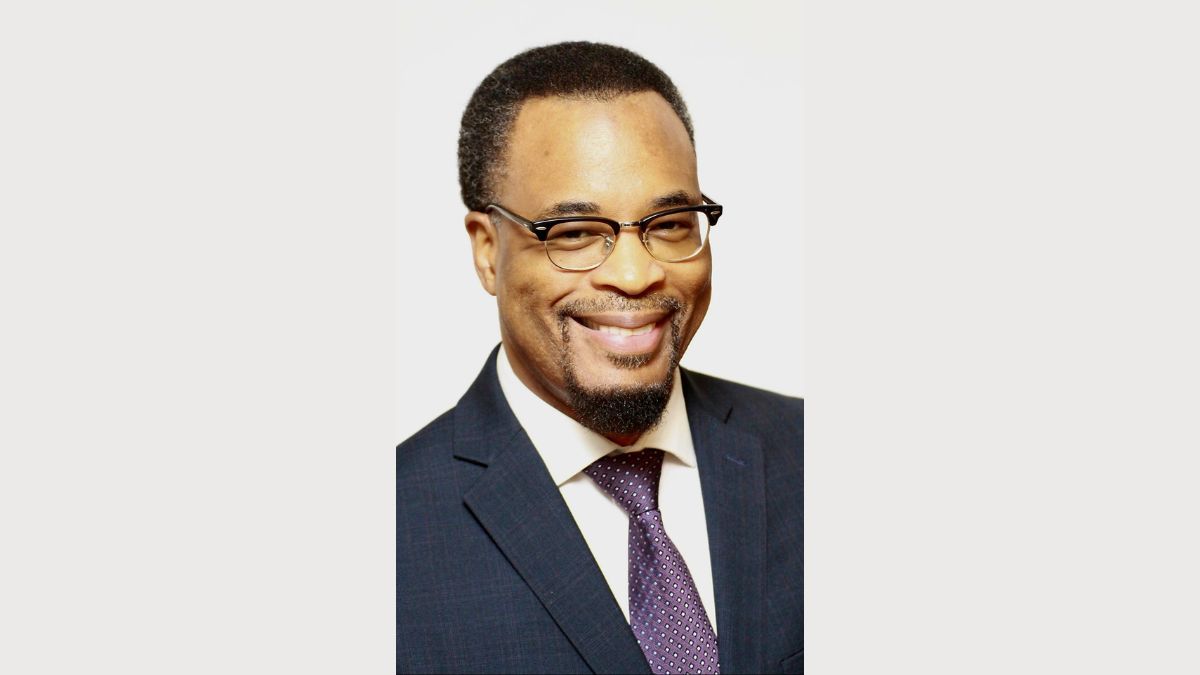By Harold Mays, Illinois Lottery Director
The Illinois Lottery generates excitement for a chance to win – while providing essential funding for education and other good causes each year
A year ago this month, there was a huge amount of buzz about a $1.337 billion Mega MillionsⓇ jackpot. Across the nation, people were talking about what they’d do if they won, retailers had lines out the door, and media outlets throughout the country were reporting on all of the excitement.
Against all odds, a single lottery ticket sold at a Speedway convenience store in Des Plaines, Illinois matched all 6 numbers, making two lucky Illinois players the winners of the $1.337 billion Mega Millions jackpot. This was the largest lottery prize ever won in Illinois, and at the time, the third largest lottery prize ever won in the U.S.
Even though this was a truly life-changing moment for the winners and a testament to the power of the Lottery, Illinois also won because ~$.45 of every dollar generated from Mega Millions sales in Illinois during that historic jackpot roll went to the Common School Fund, representing upwards of $35 million dollars. The Common School Fund accounts for the majority of funding for elementary and secondary education in Illinois.
The purpose of the Illinois Lottery is to responsibly generate revenue that supplements education funding and supports good causes throughout the State.
Since 1985, the Illinois Lottery has contributed more than $24 billion in revenue to help fund K-12 public school education in Illinois. “Supplement” is the key word because Lottery funding can no longer be supplanted by other revenue sources and was never intended to be the sole source for education funding, two common misconceptions.
In fiscal year 2022, the Illinois Lottery provided $775 million to the Common School Fund, which is more than 8% of the ~$9.3 billion in State funding appropriated for education. This equates to approximately $4.4 million in funding per school day.
Since 2009, Common School Fund contribution amounts from the Lottery were set statutorily, and any excess was transferred to the Capital Projects Fund. This is no longer the case.
As of the start of fiscal year 2023, almost 99% of Lottery proceeds will go to the Common School Fund. The remaining proceeds, generated from specialty scratch ticket sales, will go to help fund causes such as Illinois veterans’ assistance, breast cancer awareness, HIV/AIDS programs, Multiple Sclerosis research, Special Olympics programs, Alzheimer’s support, homelessness prevention and police memorial funding. Lottery has contributed over $85 million to various causes since 2006.
Every dollar generated for education and good causes is essential, and it is a great achievement that the Common School Fund will now receive the maximum benefit it can from the Lottery.
We are able to do what we do because of our players who played for a chance to win the estimated $2.4 billion in prizes awarded in fiscal year 2023; the more than 7,000 retail partners who sell our games and help drive the economic engine in the communities they serve with the estimated $173 million in commissions and bonuses paid in fiscal year 2023; and our team of dedicated professionals, vendors, legislators and government officials who support our mission.
As the Lottery stands on the precipice of its 50th anniversary next year, I take solace in the fact that every ticket we sell makes a difference. It makes a difference for education. It makes a difference for the good causes we support. It makes a difference for our players, retailers, and the people of Illinois. We all win when that ticket is sold, which is the true meaning of our motto, Illinois is Full of Winners.
This week is Lottery Week in North America. It’s a chance to celebrate lotteries across the U.S. and Canada and to acknowledge their contributions to the communities they serve. In Illinois, Lottery is more than just a game.
Harold Mays is the Director of the Illinois Department of the Lottery and has served in that role since March 2022. He served as Acting Director beginning in fiscal year 2019 and for five years prior, served as Chief of Operations and Technology.
The opinions expressed in this column are that of the writer and do not necessarily reflect those of the Chicago Defender.




